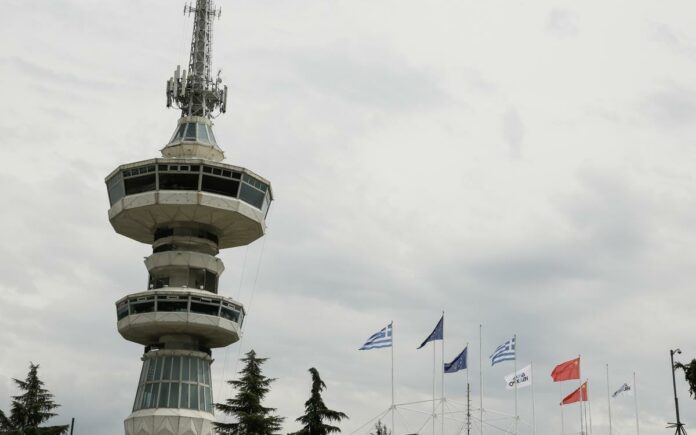By T. Tsiros
[email protected]
Greece’s foundering Tsipras government is reportedly eyeing no less than three “packages of measures” to again shift public attention to the recovering economy and away from a much-criticized reaction to last month’s deadly wildfire east of Athens.
The forthcoming pledges and promises entailed in economic measures will, by all accounts, come at the Thessaloniki International Fair, an annual trade exhibition in the northern Greek city in early September that serves as the venue for the unofficial state-of-the-economy address delivered by the prime minister.
Thessaloniki, in fact, has lent its name to the “Thessaloniki program”, once billed as an alternative anti-austerity, anti-memorandum socio-economic platform by then main opposition leader Alexis Tsipras prior to 2015’s election.
Details, however, may be few, given that a picture of the budget’s execution is incomplete and post-bailout negotiations with creditors are ongoing, especially over whatever efforts to delay a planned reduction in social security spending as of Jan. 1, 2019 – a political “hot potato” for the coalition government that coincides with general elections in the country the same year.
While still sketchy, the three “packages” will more-or-less include “extraordinary” subsidies to what the government deems as lower socio-economic strata, lower tax rates and even reductions in high social security contributions, paid by wage-earners and their employers.
The first “package” is expected to be worth 500 to 900 million euros, money derived from a “super bonus” in the primary budget surplus target for 2018. The government has high hopes that the memorandum-mandated 3.5 percent fiscal target, as a percentage of GDP, will be exceeded, even surpassing 4 percent.
Revenues, however, are not expected to move higher in 2018, compared to 2019, given that, up until Monday, the tax bureau registered three billion euros in additional income taxes from submitted tax returns – for 2017 income and revenue – as opposed to 3.5 billion euros confirmed in the corresponding period last year.
The government’s economic team appears optimistic that the primary budget surplus for 2018 will reach 7.2 to 7.4 billion euros, i.e. 3.9 to 4 percent of GDP, allowing for a “fiscal space” of 500 to 900 million euros that will not affect fiscal goals.














